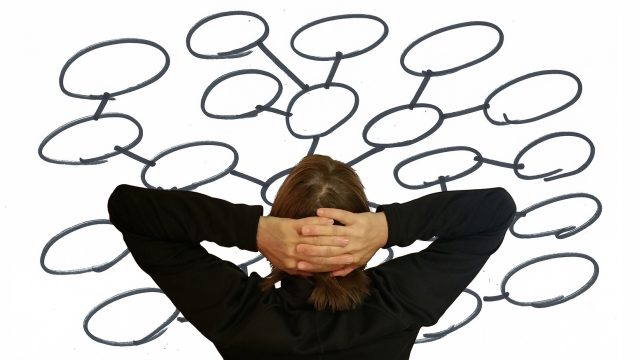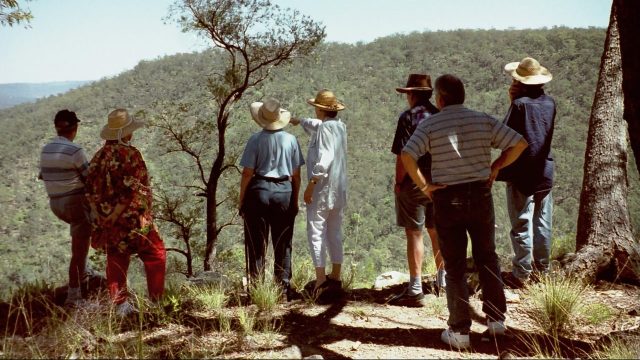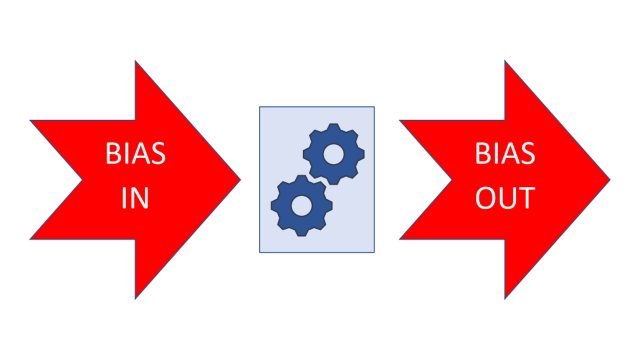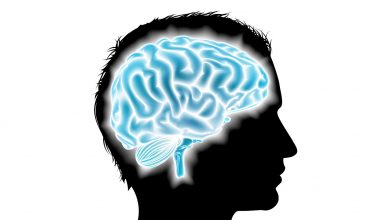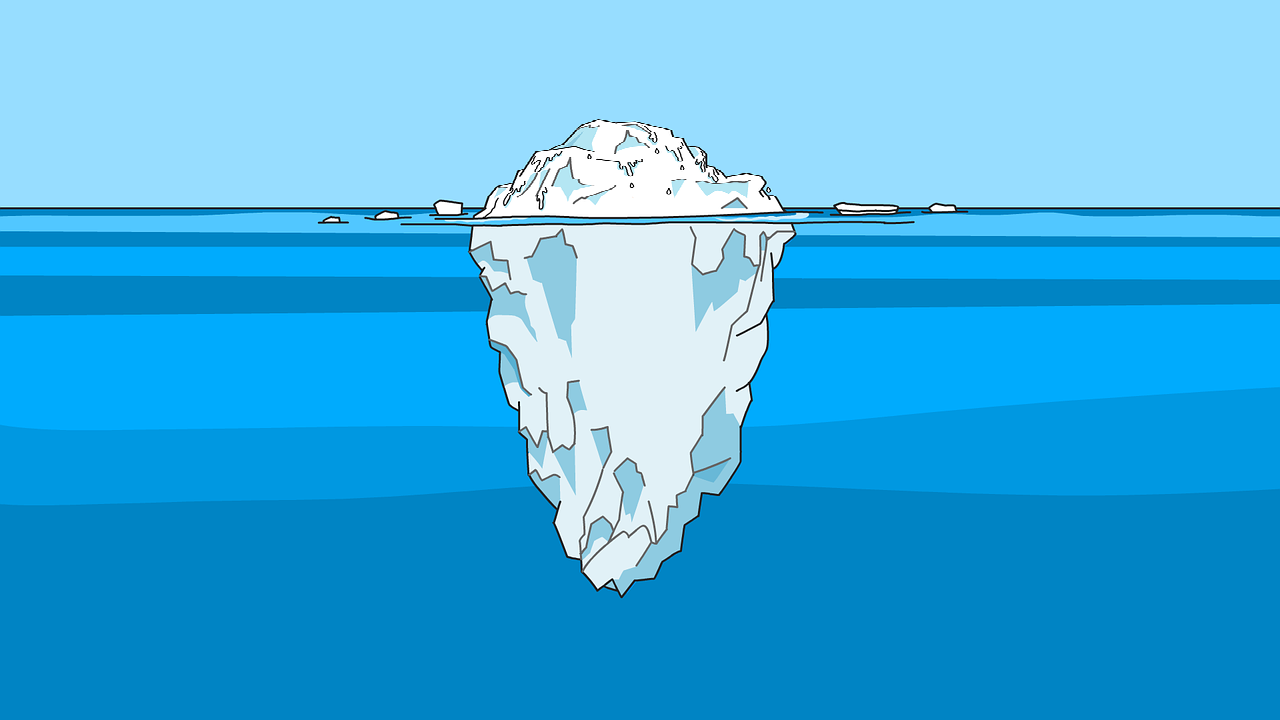
Accelerating and celebrating the melting icebergs of microaggression
Thank you RealKM Magazine and Adi Gaskell for the In the know sharing the brilliant Micropedia of Microaggressions resource and highlighting the way to further exciting research. Because of the evidence of potential harm, the possibility of microaggressions occurring should be considered by the knowledge management (KM) community when designing initiatives, and also in the community’s own interactions.
Harvard professor Dr Chester Middlebrook Pierce1 (4 March 1927 – 23 September 2016) was the first researcher to coin and develop the term “microaggression” and was a senior consultant on Sesame Street in Communities. He is a man of many achievements to be celebrated and remembered. Dr Jonathan Kanter and his colleagues at University of Washington have been standing on the shoulders of giants like Dr Pierce and are continuing to do important research validating the problem of microaggressions.
Microaggressions are real, can be harmful, and are associated with bias, whether the perpetrator is aware of it or not. Dr Kanter uses an iceberg analogy to explain how microaggressions fit into the bigger picture of prejudice. The tip of the iceberg is overt racism, sexism, or homophobia, which is visible and unmistakable. Microaggressions are the harder-to-see biases that lurk under the surface, more common than overt bias but less detectable. The sea the iceberg floats in is the bias enabled by society and institutions.
This video is an old one but drives the point home:
To advance toward a more just society, we can identify effective ways to reduce microaggressions, so that we can employ these in our everyday lives. Improving awareness of this bias is hard, but once you become aware of microaggressions it will open eyes and allow everyone to play their part more actively in the process of change. In terms of climate change, for once this is a case where the process of melting icebergs should be accelerated and celebrated.
It is now nearly 60 years since the publication of Stigma: Notes on the Management of Spoiled Identity2 and there is still so much from the work of author Erving Goffman (11 June 1922 – 19 November 1982) that can help us start to unpick and understand what is going on with microaggressions.
Catharine Wells’ paper3 contains a powerful case study from Rory O’Neill/Panti Bliss that helps people further understand what the lived experience of microaggression feels like (SEEIT):
Understanding leads to awareness, and a big data study4 demonstrates the role of social media in perpetuating inequality (SAYIT).
Finally, awareness leads us to the moral imperative for action/change (SORTIT). For example, professional development research5 explored the use of workshops using the OWTFD approach:
- Observe: Concrete, factual observations, not evaluative, “I noticed…”
- What did you mean?
- Think: Thoughts based on observation, “I think…”
- Feel: Emotions, “I feel…”
- Desire: Specific request or inquiry about desired outcome, “I would like…”
Participants reported that they were more comfortable discussing issues related to race/ethnicity, gender identity/expression, sexual orientation, and spirituality after the workshops. Prior to the workshops, the percentage of learners who felt confident initiating conversations ranged from 29% to 54%. After the workshops, the percentage of learners who felt confident ranged from 58% to 92%. The greatest increase, 100%, was observed in the levels of confidence in initiating conversations related to race/ethnicity.
In another example, a National Public Radio program6 provides advice on having difficult dialogues to help awareness and understanding around microaggressions and their impact:
- Do your own work before engaging in these difficult dialogues. Read blogs and personal essays, understand the lived experiences of historically marginalized groups, watch documentaries, and try to think outside of your own perspective.
- Set realistic expectations of what you want from these conversations. Also think about: Is this actually helping? Is this a conversation that I view as being helpful in any way, shape or form? It’s important to acknowledge that no one is going to learn everything in one conversation overnight.
- Always be aware of yourself and your mental health when having these conversations.
Into the future, a key aspect of microaggressions that needs to be further explored is their effect7 on those in the neurodiverse community, as this isn’t yet well understood or currently talked about outside of niche interest communities.
Header image source: Mote Oo Education on Pixabay.
References:
- Griffith, E.E.H. (2016, October 28). Chester Middlebrook Pierce, M.D.: A Life That Mattered. Psychiatric News. American Psychiatric Association. ↩
- Goffman, E. (2009). Stigma: Notes on the Management of Spoiled Identity. Simon and Schuster. ↩
- Wells, C. (2017). Microaggressions: What they are and why they matter. Texas Hispanic. Journal of Law & Policy, 24, 61. ↩
- Eschmann, R., Groshek, J., Chanderdatt, R., Chang, K., & Whyte, M. (2020). Making a microaggression: Using big data and qualitative analysis to map the reproduction and disruption of microaggressions through social media. Social Media+ Society, 6(4), 2056305120975716. ↩
- Sotto-Santiago, S., Mac, J., Duncan, F., & Smith, J. (2020). “I didn’t know what to say”: Responding to racism, discrimination, and microaggressions with the OWTFD approach. MedEdPORTAL, 16, 10971. ↩
- Limbong, A. (2020, June 9). Microaggressions are a big deal: How to talk them out and when to walk away. National Public Radio. ↩
- Planet Neurodivergent. (2021, May 13). Identifying and Overcoming Microaggression Directed Toward Individuals With Developmental Conditions. Planet Neurodivergent. ↩

